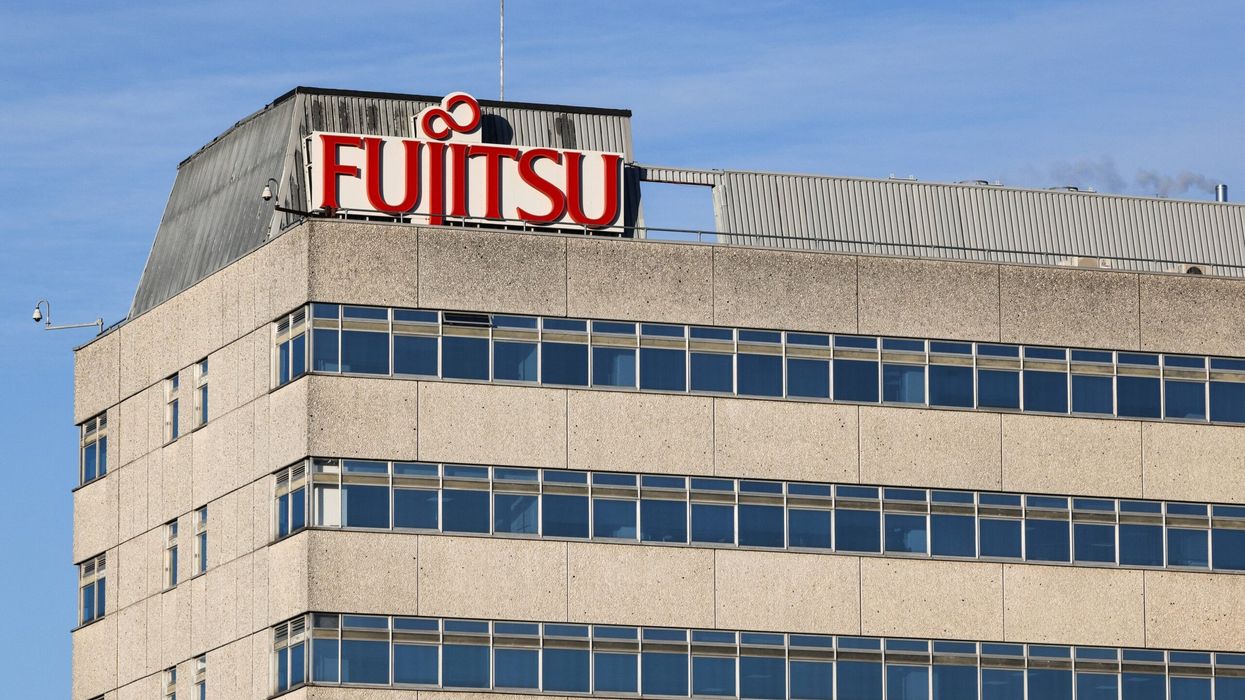The UK is set to become a world leader in the race to eradicate some of the most damaging cyber security threats facing businesses and better protect consumers, business secretary Greg Clark announced on Monday (28).
Businesses and consumers will benefit from increased security and protections built into digital devices and online services the people use every day. This is with the help of up to £70 million in government investment through the industrial strategy challenge fund and backed by further investment from industry.
This investment will support research into the design and development of hardware so that they will be more secure and resilient from the outset. This aims to ‘design out’ many forms of cyber threats by ‘designing in’ security and protection technology, solutions into hardware and chip designs, ultimately helping to eradicate a significant proportion of the current cyber risks for businesses and services in future connected smart products.
With cyber threats constantly evolving, the best defence in the future is seen as developing innovative solutions that can work independently and protect against threats even during attacks. The government wants to ensure that every UK organisation is as cyber secure and resilient as possible.
A further £30m of government investment will aim to ensure smart systems are safe and secure. Smart internet connected devices can include anything from operating a central heating thermostat via a smart phone, to pressing a button to unlock the front door. There are expected to be more than 420 million such devices in use across the UK within the next three years.
Business Secretary Greg Clark said, “this could be a real step-change in computer and online security, better protecting businesses, services and consumers from cyber-attacks and bringing benefits to all sectors of the economy. With businesses having to invest more and more in cyber security, ‘designing in’ security measures into the hardware’s fabric will not only protect our businesses and consumers but ultimately cut cybersecurity costs to businesses.
“This is our modern Industrial Strategy in action. Building on the UK’s heritage and strengths in computing and cyber security alongside the Government and industry investing together to ensure the UK capitalises on its position to become a leader in the growing markets and technologies of tomorrow.”
Nearly all UK businesses are reliant on digital technology and online services, yet more than 40 per cent have experienced a cyber-security breach or attack in the last 12 months. Hackable home Wi-Fi routers can be used by attackers in botnets to attack major services and businesses. Moreover, consumers are often the worst affected by mass information leaks than the organisation that held their data.
Businesses are having to spend increasing amounts on cyber security, up to 20-40 per cent of their IT spend in some cases. And as more and more systems are connected, whether in the home or businesses, there is a need for security that is secure by design.
The British government aims for research and development investment to reach 2.4 per cent of GDP by 2027– the biggest increase in public investment in research and development in UK history.
The modern industrial strategy sets out grand challenges to put the UK at the forefront of the industries of the future - AI and Data is one them. Through this grand challenge, the UK will be at the forefront of the AI and data revolution, helping sectors boost their productivity through new technologies, helping people develop the skills they need and leading the world in the safe, ethical use of data.











